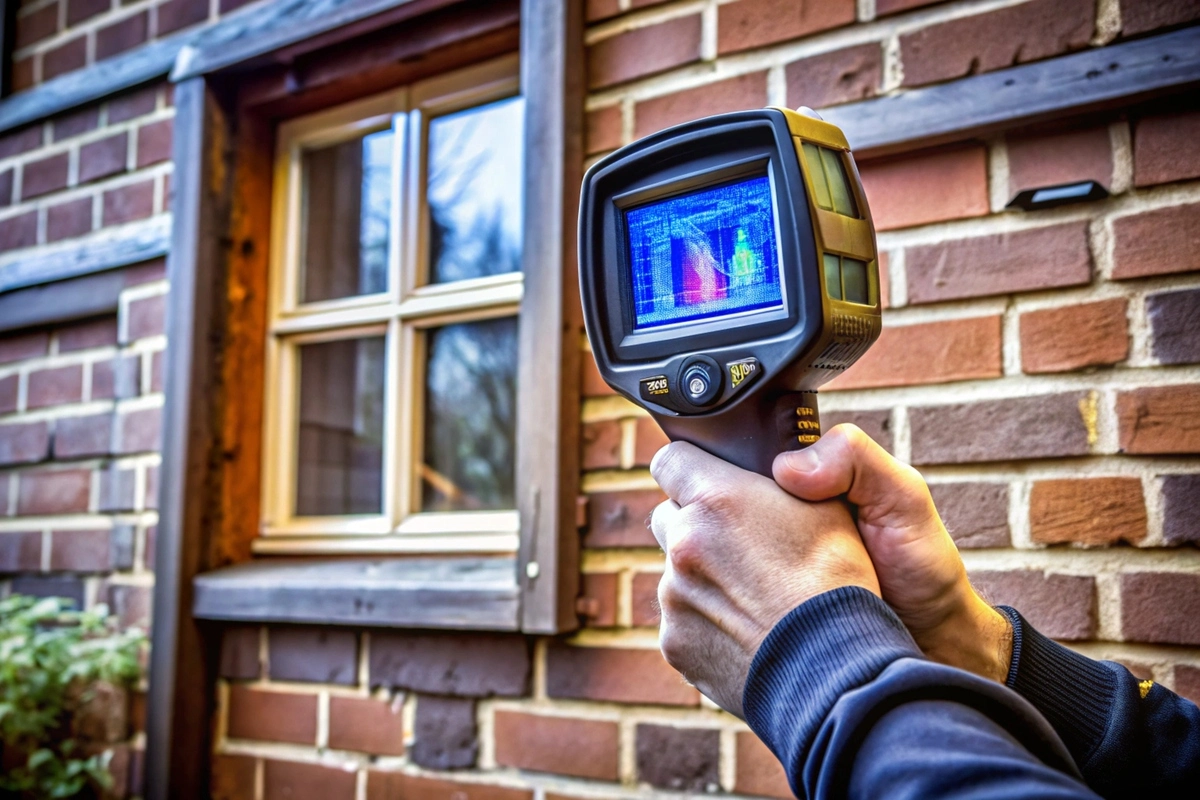Homeowners who want to sell their properties must deal with multiple issues. House selling requires extensive efforts, combining maintenance needs with property examinations, documentation tasks, and bargaining sessions. One question that often arises is, “Is radon testing required before selling a house?” As you prepare your house for sale, you should know whether radon testing is essential.
This blog draws the complete picture of radon testing, starting with its legal status, essential nature, and selling home guidelines when doing radon tests. Let’s get started.
What Is Radon, and Why Is It a Concern
Before considering the radon testing requirements, you must first learn about radon gas properties and its significance. The natural decay of uranium underground produces this radioactive gas known as radon. Radon’s presence remains undetected because it lacks visible characteristics like smell, color, or taste.
The EPA (Environmental Protection Agency) reports that radon is the second biggest cause of lung cancer among non-smokers in the country. It is responsible for 21000 deaths. You need to be aware of the dangers it poses to your health.
Is Radon Testing Required by Law When Selling a Home
Is radon testing required when selling a home? Your location determines the necessity of radon testing.
The majority of states do not require property sellers to perform radon tests before home sales. The home-selling procedure typically does not include radon testing as mandatory. However, to be on the safe side, radon testing remains crucial even though it may not be legally compulsory.
The Importance of Radon Testing In The Home-Selling Process
Selling your home becomes easier with radon testing, even if the local law does not demand it. Here’s why:
Peace Of Mind For Buyers
Buyers understand the radon exposure risks, so they demand radon testing before buying a home. Testing for radon in your home allows you to demonstrate safety, which strengthens the market appeal of your property.
Avoiding Surprises During Negotiation
After buyers submit offers but discover increased radon concentrations, they could dilly-dally on their offers. They might ask for a lower selling price or walk out of the deal. Approaching the issue from the start allows you to minimize surprises that might delay the sales process or lead to its cancellation.
Mitigation Costs
Experts suggest installing a radon mitigation system if the testing reveals high radon levels. The cost of installing any such system hovers between $1,500-2,500$, depending mostly on the size of your house and the radon levels. The cost may look big, but remember that it becomes necessary for a smooth property sale.
Increase Property Value
Homes that undergo radon testing followed by mitigation measures earn a more desirable place in the market. Installing a radon mitigation system enhances the safety of your property and adds to its market value, making your home stand out from other listings.
When Should You Test For Radon
When selling your home, testing for radon is crucial before listing. Although not legally binding, it is a good practice to follow. The following steps will guide your radon testing process during the pre-sale period:
- The testing process should start early to provide enough time for fixing potential problems that may emerge. If radon levels are high, you should have ample time to install a mitigation system.
- Hiring professional help remains a better choice than conducting tests with in-store DIY kits. Experts will provide exact results, enabling you to feel relaxed.
- The Environmental Protection Agency measures radon levels at picocuries per liter (pCi/L) concentrations. If the levels exceed 4.0 pCi/L, the EPA endorses installing a mitigation system.
What Happens If High Levels Of Radon Are Found
Findings that your home contains elevated radon levels should not cause alarm. A professional radon mitigation system is an effective solution to lower radon levels to safe concentration zones. The system comprises a vent pipe and a fan to extract underground radon gas, which is discharged to the outside atmosphere, thus blocking its entry into occupied areas.
The mitigation systems can be installed in 1 or 2 days. The initial expense of radon mitigation is a minor cost, and it provides you and homebuyers with long-term assurance regarding safety.
Conclusion: Should You Test For Radon Before Selling Your Home
So, is radon testing required to sell a home? The answer is no, it is not legally required, but that doesn’t mean you should skip it. Testing radon levels is highly recommended for safety reasons. Potential homebuyers benefit from radon testing since it provides them with assurances and eliminates unexpected price haggling in the future. Elevated radon readings may require the installation of a radon mitigation system, which helps prevent delays in the selling process.
Getting your home examined for radon provides an opportunity to create a trouble-free selling process while potentially increasing your property value. A little money spent now can produce significant advantages.
The inspection services at Clatterbuck Inspections focus on providing potential home buyers with a protected environment and security in their prospective residences. Our Inspection team is ready to help with radon testing and mitigation for any buyer who needs our services. Contact us now. Our team members will perform precise testing and give expert guidance to ensure your successful house sale.
Your home requires dedicated radon testing services; choose Clatterbuck Home Inspections to take care of your safety needs right now.

